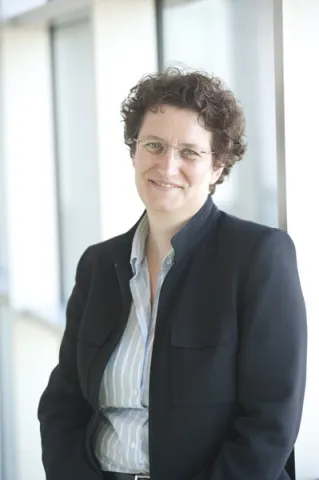Project overview
Fertility significantly increased in the first decade of the 21st century before declining; dramatic fluctuations that were not predicted by demographers or government statisticians. These fluctuations have significant implications for planning and policy making, at both national and local levels.
The causes of the recent fertility dynamics are unclear and complex. Some researchers attribute the recent fluctuations in fertility levels to changes in the timing of fertility i.e. the postponement or acceleration of childbearing. Others emphasise the importance of changes in population composition or changes in childbearing behaviour in response to policy and the post-2008 economic recession.
Childbearing is naturally a sequential process; decisions on having an additional child are likely to be evaluated on the basis of experience with previous children. Using census-linked administrative data from the ONS Longitudinal Study, Scottish Longitudinal Study, and Northern Ireland Longitudinal Study, together with survey data from the Understanding Society study, this project carries out a detailed analysis of fertility by birth order to improve future forecasts of fertility.
The project brings together researchers from the Universities of St Andrews and Southampton, as well as government statisticians from ONS, NRS, and NISRA.
The project will greatly improve our understanding of the factors associated with changing fertility in the UK and will improve the methodology used for UK fertility forecasts. A better understanding of present childbearing trends and forecast of future developments will be critical to inform the planning of demand for various public services such as nurseries, school places and housing.
The causes of the recent fertility dynamics are unclear and complex. Some researchers attribute the recent fluctuations in fertility levels to changes in the timing of fertility i.e. the postponement or acceleration of childbearing. Others emphasise the importance of changes in population composition or changes in childbearing behaviour in response to policy and the post-2008 economic recession.
Childbearing is naturally a sequential process; decisions on having an additional child are likely to be evaluated on the basis of experience with previous children. Using census-linked administrative data from the ONS Longitudinal Study, Scottish Longitudinal Study, and Northern Ireland Longitudinal Study, together with survey data from the Understanding Society study, this project carries out a detailed analysis of fertility by birth order to improve future forecasts of fertility.
The project brings together researchers from the Universities of St Andrews and Southampton, as well as government statisticians from ONS, NRS, and NISRA.
The project will greatly improve our understanding of the factors associated with changing fertility in the UK and will improve the methodology used for UK fertility forecasts. A better understanding of present childbearing trends and forecast of future developments will be critical to inform the planning of demand for various public services such as nurseries, school places and housing.
Staff
Lead researchers
Other researchers
Collaborating research institutes, centres and groups
Research outputs
Sindhu Vasireddy, Ann Berrington, Bernice Kuang & Hill Kulu,
2023, Comparative Population Studies, 48, 553-588
Type: article
Joanne Ellison, Ann Berrington, Erengul Dodd & Jonathan Forster,
2022, Demographic Research, 47, 647-694
Type: article
2022, International Journal of Forecasting, 38(3), 705-871
Type: review
2022, London Mathematical Society Newsletter, 448
Type: letterEditorial
Ann Berrington, Joanne Ellison, Bernice Kuang, Sindhu Vasireddy & Hill Kulu,
2021, Population, Space and Place
DOI: 10.1002/psp.2546
Type: article


